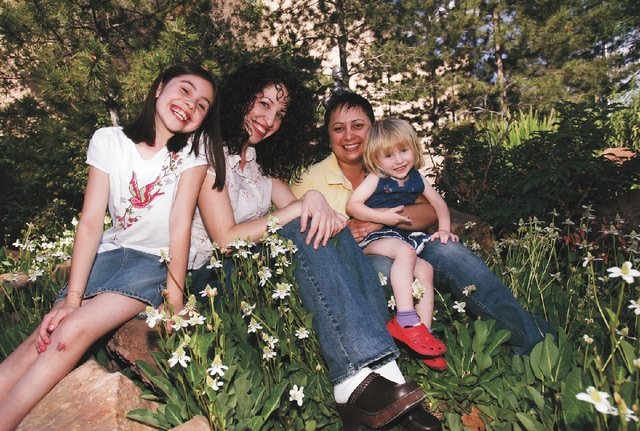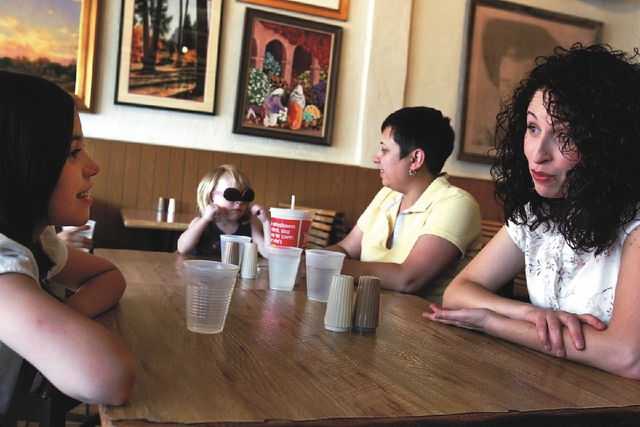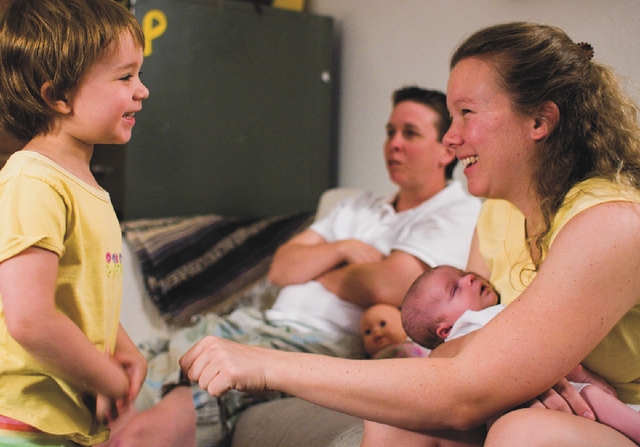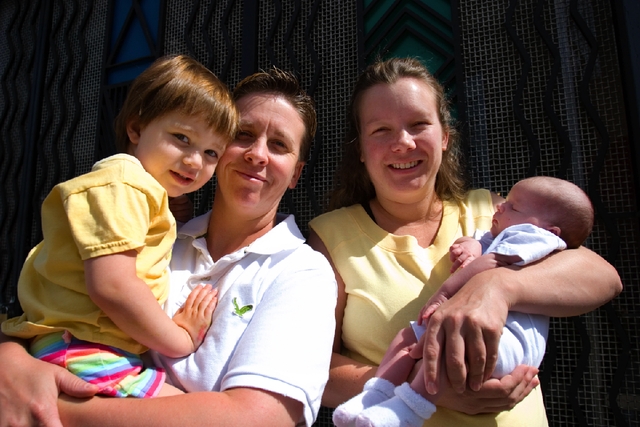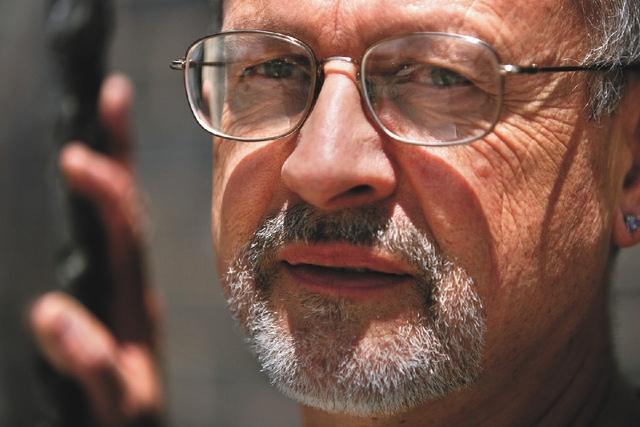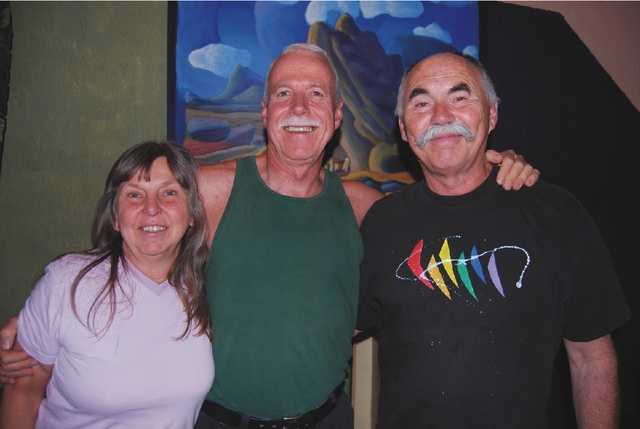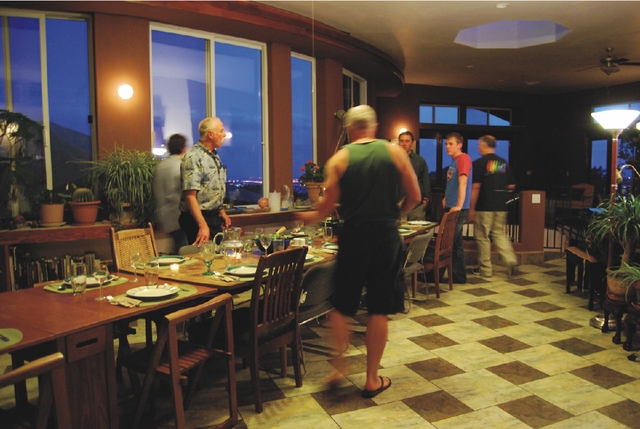Happy In Their House In Spite Of Hoops And Hurdles, These Moms Built A Stable Home
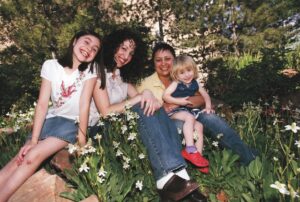 Danae, hangs out with her moms DeAnna and Rebecca, left to right, and her kid sister Madison on UNM campus.
Xavier Mascareñas
Danae, hangs out with her moms DeAnna and Rebecca, left to right, and her kid sister Madison on UNM campus.
Xavier Mascareñas
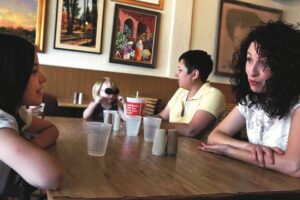 Xavier Mascareñas
Xavier Mascareñas
Mommy And Mimo Loving Parents Get Plenty Of Support From Family And Friends
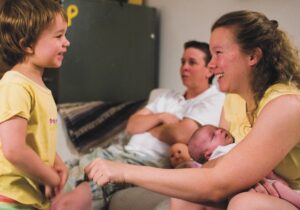 Taylin (left) was on her best behavior during the family’s interview with the Alibi .
Xavier Mascareñas
Taylin (left) was on her best behavior during the family’s interview with the Alibi .
Xavier Mascareñas
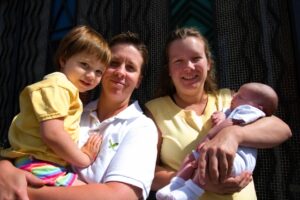 From left to right: Taylin, B.J., Kelly and baby Teagan
Xavier Mascareñas
From left to right: Taylin, B.J., Kelly and baby Teagan
Xavier Mascareñas
A Long Night's Journey Into Day From Closeted Kid To Proud Grandparent
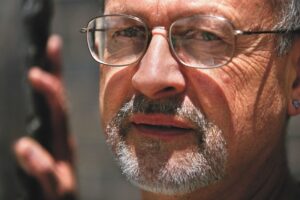 "Coming out is not something that just happens once," Julian Spalding says. "It happens over and over and over again, and every situation that you're in, you have to 'come out'--until I reached a point where I didn't care anymore. I didn't have to feel like I was coming out. I stopped changing pronouns."
Xavier Mascareñas
"Coming out is not something that just happens once," Julian Spalding says. "It happens over and over and over again, and every situation that you're in, you have to 'come out'--until I reached a point where I didn't care anymore. I didn't have to feel like I was coming out. I stopped changing pronouns."
Xavier Mascareñas
Who And What Am I Really In Love With? For One Unconventional Household, The Answer Lies Within
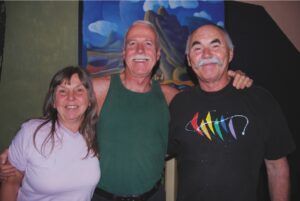 Lydia, Anthony and Tom.
Jessica Cassyle Carr
Lydia, Anthony and Tom.
Jessica Cassyle Carr
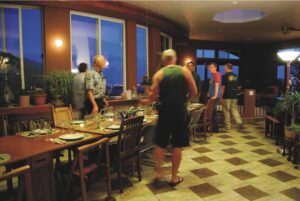 Pre-dinner milling around.
Jessica Cassyle Carr
Pre-dinner milling around.
Jessica Cassyle Carr
